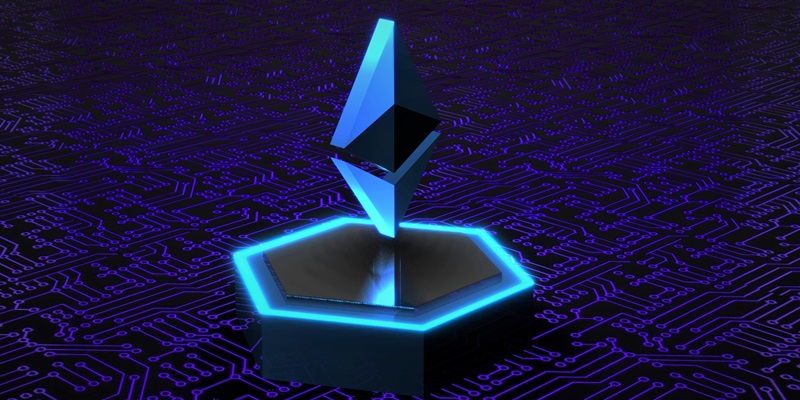In the rapidly evolving landscape of blockchain technology, scalability has emerged as a paramount concern. As the popularity and adoption of blockchain networks, particularly Ethereum, continue to surge, the need for efficient scaling solutions has become evident. Enter Polygon (MATIC), a rising star in the blockchain sphere that has been gaining attention for its potential to address these scalability challenges.
Introduction to scalability challenges in blockchain technology
The blockchain industry has grappled with scalability issues. As networks like Ethereum have become increasingly congested, transaction confirmation times and fees have risen, hindering widespread adoption and usability. This scalability bottleneck has hindered the growth and efficiency of decentralized applications (dApps) and the overall blockchain ecosystem.
Introduction to Polygon (MATIC) as a potential solution
Polygon, previously known as Matic, has positioned itself as a prominent Layer 2 scaling solution for Ethereum. By leveraging Layer 2 technology, Polygon aims to address Ethereum’s scalability limitations while maintaining its security and decentralization features.
Polygon’s positioning as a Layer 2 scaling solution for Ethereum
Polygon acts as a framework for building and connecting Ethereum-compatible blockchain networks. It aims to improve scalability by offloading transactions from the Ethereum mainnet to these secondary chains, known as sidechains or Layer 2 solutions. This approach significantly reduces network congestion and allows for faster and cheaper transactions.
One of Polygon’s standout features is its ability to support various consensus algorithms, including Optimistic Rollups. This multi-chain ecosystem provides developers and users with the flexibility to choose the most suitable chain for their specific use case, enhancing scalability and interoperability.
The ability of Polygon to support various consensus algorithms, including Optimistic Rollups
Polygon’s compatibility with different consensus algorithms, such as Proof of Stake (PoS) and Optimistic Rollups, allows for increased scalability and efficiency. This adaptability enables developers to benefit from faster block times and lower transaction fees, while maintaining the security and trust of the Ethereum network.
Benefits of Polygon’s faster block times and lower transaction fees
With faster block times and lower transaction fees, Polygon provides a compelling alternative for developers and users seeking an efficient and cost-effective blockchain solution. This increased efficiency not only improves the user experience but also opens up new possibilities for real-world use cases such as decentralized finance (DeFi), gaming, and non-fungible tokens (NFTs).
Polygon’s adaptability through support for multiple consensus algorithms
Polygon’s flexibility in supporting multiple consensus algorithms gives it an edge in terms of adaptability. This flexibility allows it to evolve alongside the dynamic needs of the blockchain industry, ensuring that developers have access to state-of-the-art technology and tools.
Polygon’s versatility for developers with diverse needs
Polygon’s broader ecosystem and support for various consensus models make it a more versatile choice for developers with diverse needs. Whether a developer requires high throughput for a high-frequency trading application or the security of the Ethereum mainnet for a financial dApp, Polygon offers the flexibility to cater to a wide range of requirements.
Polygon’s commitment to interoperability and decentralized applications on a global scale sets it apart in terms of its long-term vision. By enabling seamless communication and collaboration between different blockchain networks, Polygon facilitates the development and adoption of innovative cross-chain dApps, opening up new frontiers for the blockchain industry.
Polygon (MATIC) stands out as a versatile and powerful player because of its commitment to interoperability, adaptability, and community engagement, which positions it favourably against other Layer 2 solutions. With its groundbreaking approach to scalability, Polygon has the potential to revolutionize the blockchain space and unlock the full potential of decentralized applications. As the demand for scalable and efficient blockchain solutions grows, Polygon’s continued development and commitment to innovation make it a project to watch closely.

